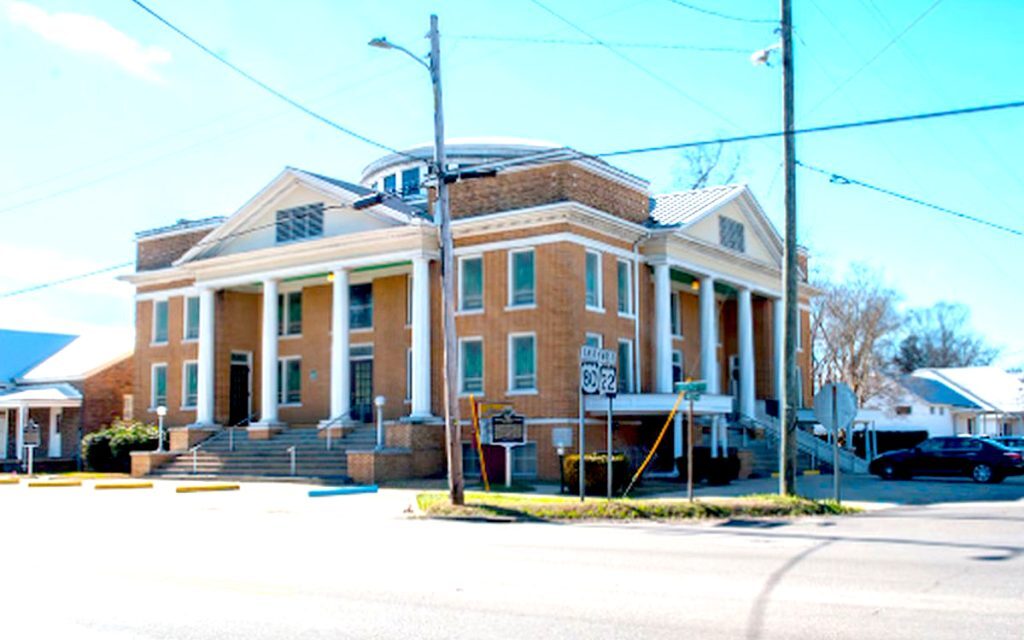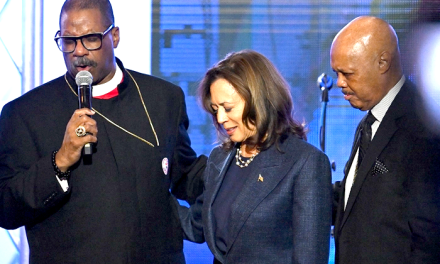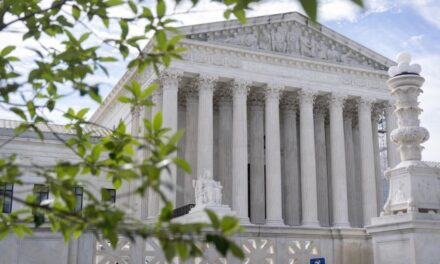After damage to the roof of the historic Tabernacle Baptist Church in Selma during a tornado in January 2023, the church needed funding to repair the lead-coated copper dome roof.
Tabernacle Baptist has been awarded $150,000 from the African American Cultural Heritage Action Fund of the National Trust for Historic Preservation.
That’s part of $4 million announced in the second round of Preserving Black Churches grants announced on the Rev. Dr. Martin Luther King Jr. federal holiday this week.
With over $95 million in funding, the Action Fund is the largest U.S. resource dedicated to preserving historic African American places. Since launching Preserving Black Churches in 2022, the Action Fund has provided $8.7 million in grants to more than 70 historic churches.
“We created the Preserving Black Churches program to ensure the historic Black church’s legacy is told and secured,” said Brent Leggs, Executive Director of the African American Cultural Heritage Action Fund. “That these cultural assets can continue to foster community resilience and drive meaningful change in our society.”
With leadership support from Lilly Endowment Inc., the Action Fund aims to strengthen historic Black churches’ stewardship and asset management, interpretation, and fundraising activities across the country.
“Black churches have been at the forefront of meaningful democratic reform since this nation’s founding,” said Dr. Henry Louis Gates, Jr., historian and advisor to the Action Fund.
“They’re a living testament to the resilience of our ancestors in the face of unimaginably daunting challenges. The heart of our spiritual world is the Black church. These places of worship, these sacred cultural centers, must exist for future generations to understand who we were as a people.”
Tabernacle Baptist Church had previously been a recipient of $750,000 in funding through the National Park Service, part of a $4.48 million investment to preserve sites that have a history of direct involvement in the fight for equal rights. Those funds were awarded through NPS’s Historic Preservation Fund’s History of Equal Rights Grant Program.











